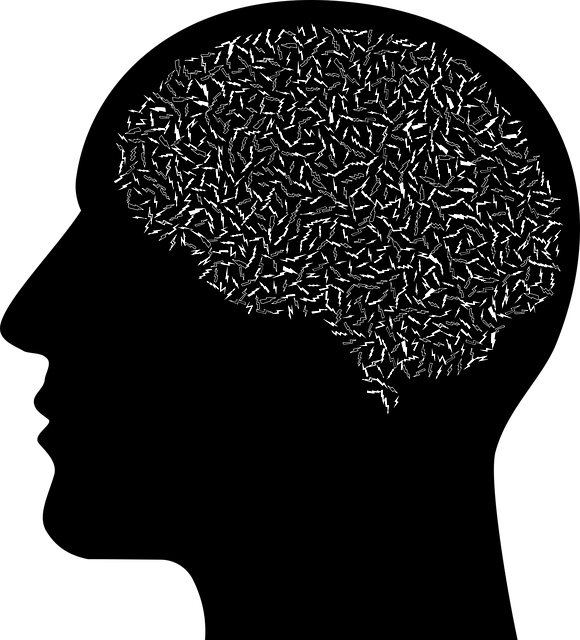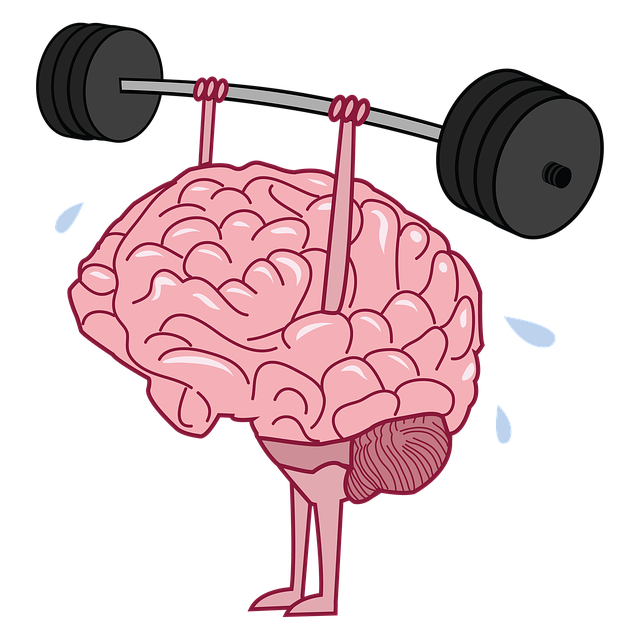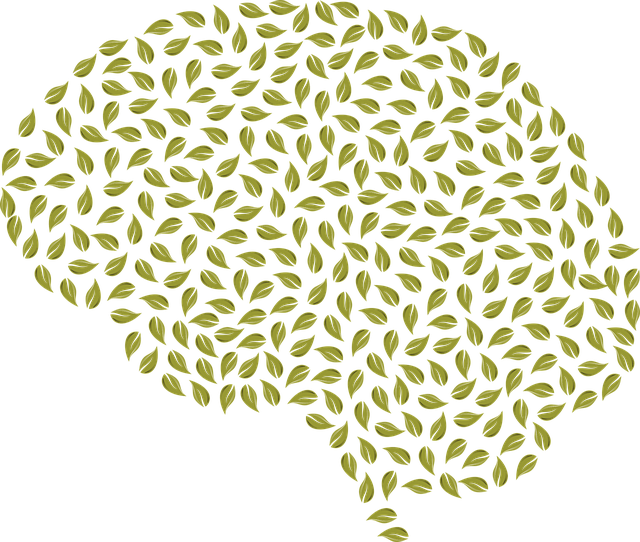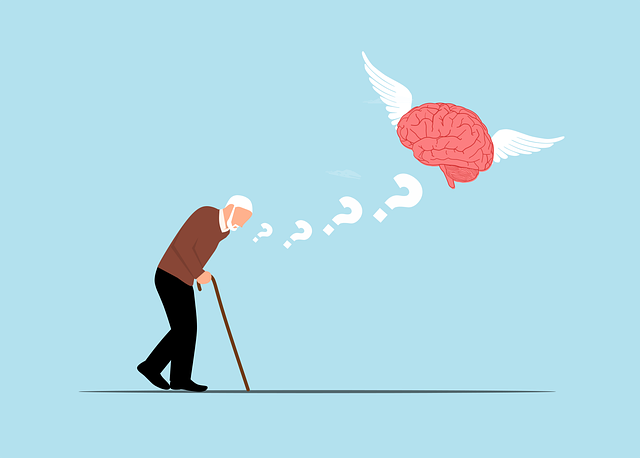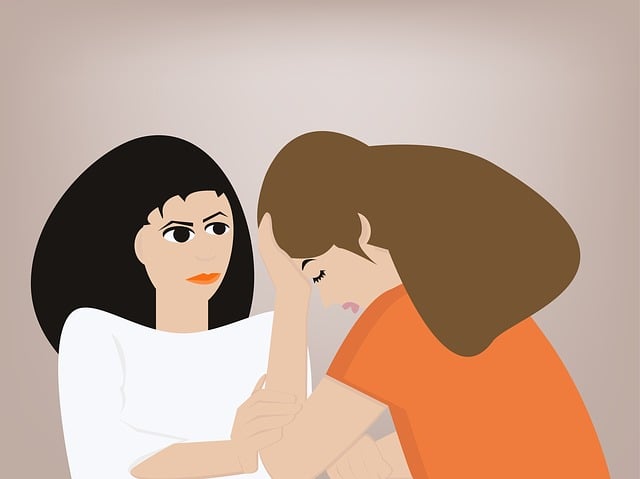Mental Health Crisis Hotlines serve as vital resources for immediate support, offering 24/7 access to trained professionals who provide crisis intervention and tailored coping strategies. For the elderly, these hotlines address unique mental health challenges, including eating disorders often overlooked due to stigma. By integrating social skills training and accessible therapy for elders with eating disorders, hotlines empower users to seek future support effectively. They play a crucial role in Mental Health Policy Analysis, ensuring timely interventions and better outcomes, especially for vulnerable populations like the elderly struggling with eating disorders. Post-crisis care facilitates seamless transitions to specialized treatments, promoting holistic mental health awareness and sustained recovery.
Mental health crisis hotline support services are vital resources offering immediate assistance during distressing times. This article delves into the critical role these hotlines play, focusing on specific areas like eating disorders in the elderly and post-crisis care. We explore how confidential and accessible they are, providing a safe space for help-seekers to navigate mental health challenges. By understanding their capabilities, we can extend their reach, ensuring long-term support for those facing crises, including therapy for elders with eating disorders.
- Understanding Mental Health Crisis Hotlines: A Vital Resource
- The Elderly and Eating Disorders: Unaddressed Issues
- How Hotlines Provide Immediate Support and Assessment
- Confidentiality and Accessibility: Ensuring a Safe Space for Help-Seekers
- Post-Crisis Care and Long-Term Support: Extending the Reach of Hotlines
Understanding Mental Health Crisis Hotlines: A Vital Resource

Mental Health Crisis Hotlines are a vital resource for individuals experiencing acute distress or a sudden decline in mental well-being. These 24/7 services provide immediate support, guidance, and resources to those who may not have access to therapy or counseling during emergencies. They serve as a critical safety net, especially for vulnerable populations like the elderly and individuals struggling with eating disorders, offering timely interventions that can prevent escalation.
Understanding mental health crises is essential in utilizing these hotlines effectively. Crisis hotline operators are trained professionals equipped with skills such as active listening, crisis intervention techniques, and knowledge of local resources. They employ Mind Over Matter principles to help individuals navigate their emotions, providing coping strategies tailored to their unique needs. Furthermore, cultural sensitivity in mental healthcare practice is paramount, ensuring that hotline services are accessible and respectful of diverse backgrounds. In some cases, social skills training can also be integrated to empower users with communication tools for seeking future support.
The Elderly and Eating Disorders: Unaddressed Issues

The elderly population faces unique challenges when it comes to mental health, particularly regarding eating disorders. These issues often go unnoticed or unaddressed due to societal stigma and age-related misconceptions. Eating disorders, such as anorexia nervosa or binge eating disorder, can significantly impact older adults, leading to severe physical and psychological consequences. Many believe that eating disorders are primarily a youth issue, neglecting the fact that they can develop at any age.
Implementing community outreach programs focused on mental health awareness is crucial. These initiatives should aim to reduce the stigma surrounding mental illness in older adults, encouraging open conversations about eating disorders. By fostering support networks and providing accessible therapy for elders with eating disorders, we can ensure better care and improved outcomes. Additionally, stress reduction methods tailored to this demographic can be life-changing, helping them navigate emotional challenges and promote overall well-being.
How Hotlines Provide Immediate Support and Assessment

Hotlines serve as immediate lifelines for individuals in mental health crises, offering a confidential and accessible space to connect with trained professionals. These services provide an invaluable initial assessment, allowing experts to gauge the severity of the situation and determine the best course of action. Through phone conversations, counselors can offer short-term support, guidance on crisis management, and essential coping skills development, all while ensuring the well-being of elders struggling with eating disorders or trauma.
The effectiveness of hotlines lies in their ability to swiftly connect people in need with appropriate resources, whether it’s directing them to therapy for elders with eating disorders or providing trauma support services. By acting as a first point of contact, they play a crucial role in Mental Health Policy Analysis and Advocacy, ensuring that individuals receive timely interventions and fostering better overall mental health outcomes.
Confidentiality and Accessibility: Ensuring a Safe Space for Help-Seekers

When individuals face a mental health crisis, whether it’s an elder struggling with eating disorders or anyone else in need, access to confidential and accessible support is paramount. Many helplines prioritize privacy, ensuring that conversations remain between the caller and counselor, fostering a safe environment for vulnerable help-seekers to share their struggles openly. This confidentiality builds trust, encouraging individuals to seek assistance without fear of judgment or repercussions.
Furthermore, these hotlines are designed with diverse populations in mind, offering services tailored to specific needs. For elders dealing with eating disorders, specialized therapists equipped with knowledge in geriatric mental health can provide nuanced support. Similarly, mental health policy analysis and advocacy play a crucial role in expanding access to such services, ensuring that community resources are available for all who need them. Effective helplines also incorporate conflict resolution techniques within their training, equipping counselors to handle diverse situations with empathy and efficiency.
Post-Crisis Care and Long-Term Support: Extending the Reach of Hotlines

Post-crisis care is an essential component of supporting individuals through mental health challenges, especially for those facing long-term conditions like eating disorders. Following a crisis call, hotline staff can facilitate a smooth transition to specialized treatments, including therapy for elders with eating disorders. This extended support ensures that immediate needs are met and provides a foundation for ongoing recovery.
By offering resources for self-care routine development for better mental health and empathy building strategies, hotlines can empower individuals to manage their conditions effectively. This holistic approach recognizes that mental health awareness is not just about responding to acute crises but also about fostering resilience and well-being over time.
Mental health crisis hotline support services play a pivotal role in addressing urgent needs, especially for vulnerable populations like the elderly and those struggling with eating disorders. By offering immediate assessment and confidential assistance, these hotlines ensure that help-seekers receive crucial support without stigma or judgment. Post-crisis care and extended long-term services further emphasize their value, serving as a vital resource for therapy for elders eating disorders and other mental health challenges. Leveraging these resources is essential in fostering better mental well-being within our communities.
